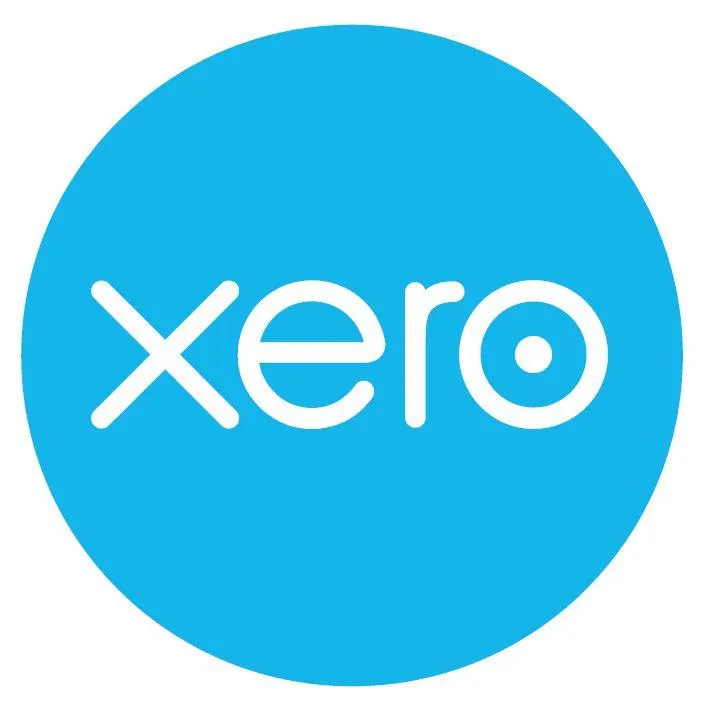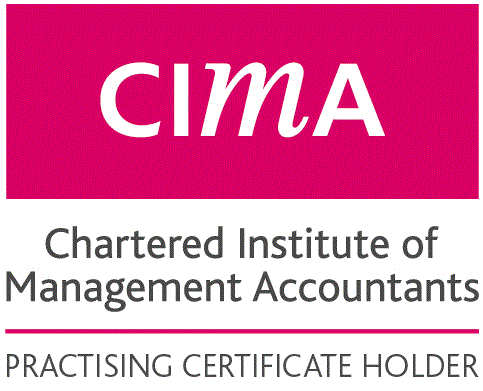

Companies House vs HMRC: What’s the Difference? | UK Small Business Guide
When you start a business in the UK - especially a limited company - you suddenly find yourself dealing with Companies House and HMRC. But what do they actually do? What’s the difference between them? And how do you keep them both happy?
It’s a question that trips up a lot of new (and even seasoned) business owners. You might assume they’re just two parts of the same government machine - and in some ways, they are - but in practice, they serve very different purposes, and the deadlines, rules, and responsibilities you have to each one don’t always overlap.
So, if you’re scratching your head wondering who needs what and when - this blog is for you.
We’ll break down the roles of Companies House and HMRC, what each one expects from your business, and how to stay compliant without losing your sanity. Let’s get into it.
1. What Is Companies House?
Companies House is the UK’s official register of companies. It’s part of the Department for Business and Trade, and its main job is to record and make public key information about limited companies.
When you set up a limited company, your first interaction is with Companies House. This is where your business is legally formed and given a company number.
Think of Companies House as the administrative home of your company. It doesn’t collect tax - it collects and shares information about your business.
What Companies House Does:
Incorporates new companies
Maintains public records of company officers (directors, secretaries, PSCs)
Receives and publishes confirmation statements and annual accounts
Records changes in company structure or ownership
Dissolves companies that are no longer active or compliant
Every limited company in the UK - no matter how big or small - must file certain documents with Companies House every year. These are legally required and go on public record.
2. What Is HMRC?
HMRC (His Majesty’s Revenue and Customs) is the UK’s tax authority. It handles all things tax-related for individuals and businesses.
Unlike Companies House, which mostly deals with structure and compliance, HMRC deals with money. It collects income tax, corporation tax, VAT, PAYE (for payroll), and more.
You’ll deal with HMRC whether you’re a sole trader, a partnership, or a limited company.
What HMRC Does:
Collects business taxes (including Corporation Tax and VAT)
Manages PAYE (Pay As You Earn) for employees
Oversees Self Assessment and company tax returns
Issues tax codes and payment notices
Conducts audits and investigations
If you make money, hire staff, or file returns, HMRC wants to know about it.
So, while Companies House and HMRC both expect reports and deadlines, they’re asking for very different things - which leads us nicely into the next section.
3. What Are Your Obligations to Companies House and HMRC?
Let’s break down what you need to do for each of them if you run a limited company in the UK.
📌 Obligations to Companies House:
Confirmation Statement – once a year (due within 14 days of your ‘review period’ end date). This confirms your company’s details: directors, shareholders, SIC code, etc.
Annual Accounts – filed once a year, based on your financial year end. These are public and must follow set formats.
Changes to Company Info – if you appoint a new director, change your business address, or transfer shares, you need to update Companies House.
Event-based filings – like changes to your articles of association or share structure.
📢 Everything you file with Companies House is available on public record. Yes, even your accounts.
📌 Obligations to HMRC:
Corporation Tax Return (CT600) – filed annually, due 12 months after your company’s accounting period ends.
Corporation Tax Payment – due 9 months and 1 day after your financial year ends.
PAYE and payroll – if you employ staff (including yourself as a director), you need to register for PAYE, run payroll, file RTI submissions, and pay tax and NI monthly.
VAT Returns – if you’re VAT registered (mandatory if turnover is over £90,000), you must submit quarterly VAT returns and pay your VAT bill.
Self Assessment – if you take dividends or other income outside of payroll, you must file a personal tax return.
📢 Unlike Companies House, your HMRC filings are not public.
As you can see, Companies House and HMRC require different documents on different timelines - and if you’re not careful, it’s easy to miss a deadline.
4. The Most Common Mistakes Business Owners Make (And How to Avoid Them)
Running a limited company comes with a lot of admin. Here are the most frequent errors we see - and how to dodge them.
❌ Thinking one submission covers both
Filing your annual accounts with Companies House does not mean you’ve filed your Corporation Tax Return with HMRC. They’re separate submissions - even if the numbers are similar.
✅ Solution: Use accounting software or an accountant to ensure both are filed correctly and on time.
❌ Missing confirmation statement deadlines
It’s easy to forget this one - it doesn’t involve money, so it feels less urgent. But late filing can lead to penalties or your company being struck off.
✅ Solution: Set reminders and file through your Companies House account or using software.
❌ Not registering for PAYE properly
Even if you’re the only person working in your business, you may need to register for PAYE if you’re paying yourself a salary.
✅ Solution: Register with HMRC for PAYE and use payroll software to stay compliant.
❌ Overlooking VAT registration
You must register for VAT if your rolling 12-month turnover goes over £90,000. HMRC doesn’t always send a warning - it’s your responsibility to keep track.
✅ Solution: Monitor your income monthly and register before the threshold is breached.
5. Do Sole Traders and Partnerships Deal with Companies House?
Great question - and one we get all the time.
The answer is no. If you’re a sole trader or traditional partnership, you do not need to register with Companies House.
Your only interaction will be with HMRC, where you’ll:
Register for Self Assessment
File an annual tax return
Possibly register for VAT or PAYE (if relevant)
Only limited companies and LLPs report to Companies House.
So if you’ve set up a business and haven’t registered with Companies House, that’s totally normal - unless you’re operating as a limited company.
6. Tips to Stay Organised (and Avoid Stress)
It’s easy to get overwhelmed by everything Companies House and HMRC require. But with the right systems in place, it becomes second nature.
Here’s how to stay on top of it:
✅ Use Cloud Accounting Software
Xero, QuickBooks, and FreeAgent can automate tax reports, alert you to deadlines, and even link with HMRC directly.
✅ Work with an Accountant
Especially if you run a limited company. A good accountant will make sure everything is filed on time to the right place—and can help reduce your tax bill in the process.
✅ Keep a Compliance Calendar
List all your important filing deadlines - confirmation statements, VAT returns, payroll submissions - and add them to your calendar with alerts.
✅ Separate Business and Personal Finances
This makes bookkeeping and reporting 100x easier and avoids messy tax calculations later.
✅ Review Financial Reports Monthly
Don’t wait until year-end. Regular reviews help you spot issues, make better decisions, and stay tax-ready all year round.
Final Thoughts: Know Who You’re Talking To
To recap:
Companies House is where your business is legally registered. It wants to know who runs your company and how it's structured.
HMRC is where you pay your taxes. It wants to know how much you’ve earned and what you owe.
Both are important. Both have deadlines. But they’re not the same thing - and confusing the two can lead to penalties, stress, and even your company being dissolved.
So take the time to understand your responsibilities to each. Set up solid systems. Ask questions if you’re unsure. And if in doubt - ask an accountant who deals with Companies House and HMRC every day.
The better you understand the roles of each, the more confidently you can run your business.

FREE DOWNLOADS
A-Z of allowable business expenses
Download your A-Z guide of allowable business expenses.
Financial Housekeeping For Your Small Business
Download your guide to Financial Housekeeping For Your Small Business - ideal for start ups and early stage businesses
How to Scale Up your Business: Tips and Strategies for Success
Download your guide to How to Scale up your Business - ideal for slightly more established businesses that want to grow and scale their business
Don't want the guide?
But do want our regular email filled with tips and insights into business and how to maximise profit and grow your business?
Click here

Ready to take the stress out of finance?

Not quite ready to commit to a long term contract ? Book a value packed Power Hour for now at £180 Inclusive of VAT.






© 2023 All Rights Reserved | Sterling Financial Management Reg No 9780783,
Accounting, Bookkeeping and Business Advisory in Dorking Surrey RH4 2JF